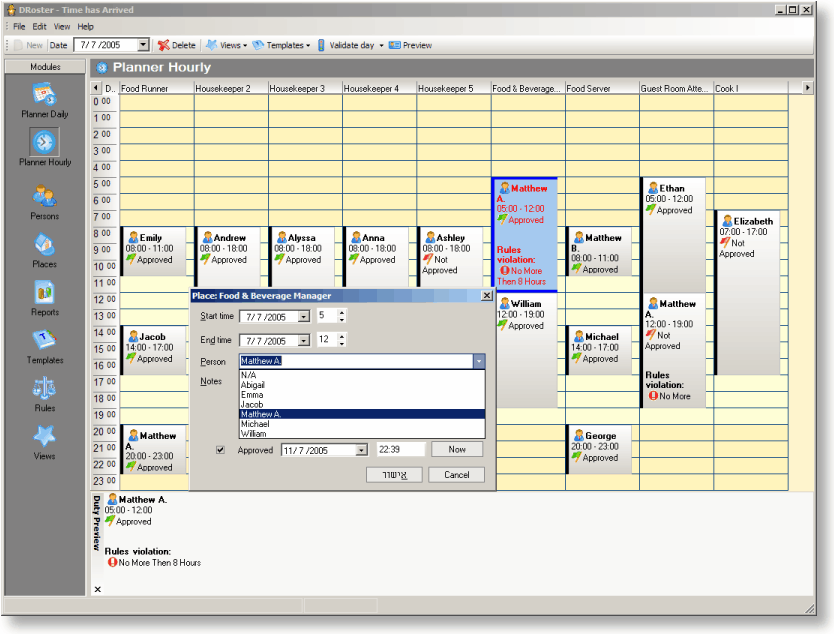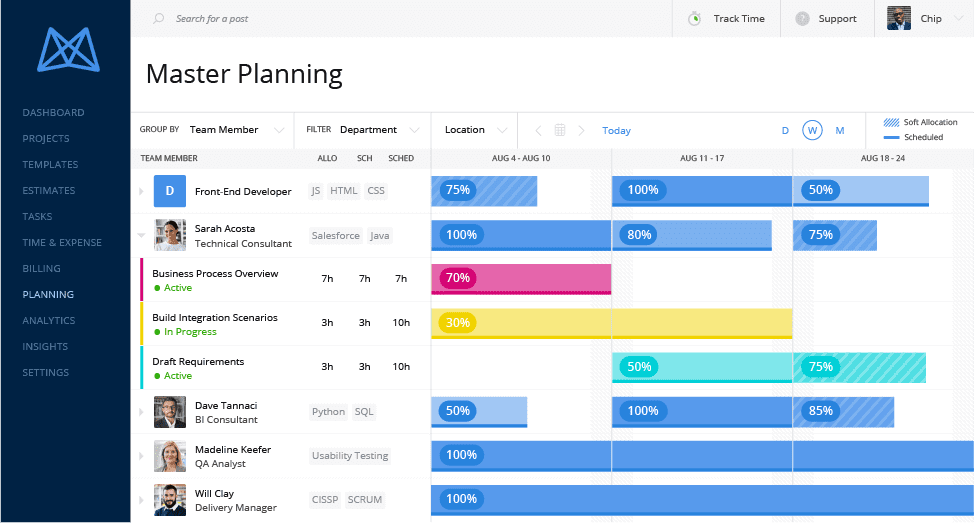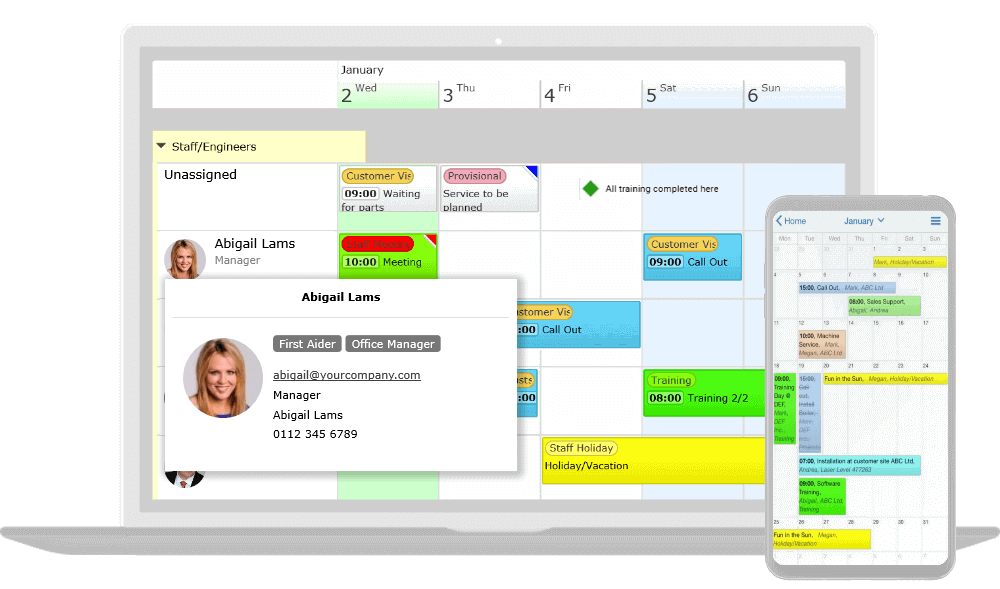
Best Professional Live Streaming Software (Starting at $599). Wirecast is a live video. Schedule On-Demand Content on Multiple Channels on More Screens, and Broadcast Live! Muvi Playout allows you to launch your live TV channel and broadcast pre-scheduled on-demand content sequentially in real-time over the internet.
Free Broadcasting Software Twitch
Why pay for costly software and complicated hardware to live stream events? Explore these five free tools instead.
Live streaming events has its upsides, and as businesses invest in their remote work infrastructure, it’s becoming an essential practice.
You can reach people who couldn’t make it to the event due to cost, timing, or logistical limitations. You can expand the audience reach beyond your venue or city and attract digital viewers from around the world. You can also increase audience engagement by allowing viewers to comment and ask questions.
Live streaming also allows you to keep the show running when crises such as the coronavirus outbreak hit. Large-scale events such as the Grammys and Broadway readings can shut down their physical presence and take the show online. Musicians and artists can use it to live stream impromptu gigs and create digital events from scratch.

There are many live streaming tools that can be used to broadcast events online.
However, if cost concerns are keeping you from live streaming, then free live streaming tools are a simple fix to the problem.
5 free tools to live stream your event
Here are the tools we will cover (arranged alphabetically):
First, what do we mean by “free”? For a tool to be classified as free, it must offer a standalone free version and not a trial version where the product must be purchased after a set period. For more details on how we selected these products, you can read our methodology here.
1. Facebook Live
Facebook Live will help you jump right into broadcasting events online. It comes with dual benefits. Firstly, it bypasses the complexities of traditional live streaming platforms that require hefty hardware setup and complex video rendering capabilities. Next, it taps into an already existing audience base—Facebook friends or Facebook page followers.
✔ A smartphone with the Facebook app installed or a computer/laptop with a built-in/add-on webcam.
✔ A personal Facebook profile or Facebook page for the business/event.
What are the key features of the tool?
- Toggle the privacy setting to make live streams visible to the public or keep them private within friends/followers. Also, tag people or locations and add filters, writing, and drawing to the videos.
- Access metrics such as peak live viewers, total views, average watch time, and viewer demographics.
- Add a personal touch when going live on a smartphone—walk around the event, talk to people, and broadcast from a personal vantage point.
- Screen-share if using a computer/laptop. However, this requires downloading a screen-sharing extension.
- Save videos to your Facebook gallery once the broadcast ends so that they can be viewed later.
What should you watch out for when using the tool?
- Negative comments from any viewer are visible to the entire audience and enshrined in the video.
- Using Facebook’s built-in publisher to enhance the video quality of the live stream requires technical know-how and third-party tools.
- Live stream can be also fetched from a video encoder via an API. However, the process requires some technical know-how and screening under Facebook’s App Review policies.
| Who is the tool most suitable for? Events of any size—from a small poetry reading of fifty people to a mega product launch of 5,000 attendants. This is the best tool to leverage a personal or business Facebook presence and reach an audience that has already shown interest in what you do. |
2. Instagram Live
Instagram Live is a feature of Instagram Stories that can be used to broadcast events to a digital audience and engage with them in real time. It is quite similar to Facebook Live in its functionalities and user experience. The catch is that Instagram Live allows users to go live only on the mobile version of the tool and not the desktop version.
✔ A smartphone with the Instagram app installed.
✔ A personal or business/event Instagram profile.
What are the key features of the tool?
- Draw, color, tag people, and add location, emojis, gifs, and filters on the live feed in real time.
- Select between private or public audiences. Whenever a live stream starts, push notifications alert the user’s followers.
- Engage with the audience as they send likes and comments. A stream of comments is displayed on the bottom of the screen—pin select comments to the top of the comment stream or disable comments entirely.
- Filter out comments containing offensive keywords, phrases, or emojis by choosing the “hide offensive comments” option before going live.
- Save videos to Stories so that they can be revisited by viewers for up to 24 hours after a live stream. Saving videos to Highlights on the profile makes them available beyond 24 hours.
- Go live with another user on Instagram by having them join your stream and request to go live with you. This yields a split-screen interaction that viewers can watch.
What should you watch out for when using the tool?
- The tool is more accustomed to the portrait view (vertical view with an aspect ratio of 9:16) than the landscape view (horizontal view with an aspect ratio of 3:2).
- All live videos have to be recorded on smartphones. They can’t be imported from other devices.
- You can track metrics such as viewer count, likes, and comments during and after live streams. However, an Instagram Business account is needed for metrics such as accounts reached and impressions.
| Who is the tool most suitable for? Events of any size—from a book launch with 100 people to a concert for a few thousand people. For those with a personal or business Instagram presence, this tool will help tap into an existing audience as well as reach potential digital viewers from around the world. |
3. Periscope
Periscope is a livestreaming app for iOS and Android smartphones that helps broadcast events to Twitter as well as the Periscope TV website. Periscope was acquired by Twitter before its launch in 2015 and has since been Twitter’s answer to Facebook Live and Instagram Live.
✔ A smartphone with the Periscope app installed.
✔ A personal or business/event Periscope account.
✔ A Twitter account to connect broadcasts to Twitter.
What are the key features of the tool?
- Alert Periscope followers with an auto-generated notification whenever a broadcast starts.
- Increase the virality of events by enabling viewers to share the live stream on Twitter and Periscope as well as share a link to the broadcast anywhere else.
- Store event broadcasts for replay and let those appear on your Periscope and Twitter followers’ feeds.
- Access broadcast stats such as live viewers, replay viewers, and time watched to better understand the audience.
- Allow all viewers to comment on live streams or send likes, or limit this functionality to the people you follow.
What should you watch out for when using the tool?
- By default, all live streams are public and viewable by anyone. To create a private broadcast for a select audience, you and the viewer need to be following each other on Twitter.
- You can draw on and color the live feed in real time, just like on Facebook Live and Instagram Live. However, the graphic enhancement capabilities of Periscope are comparatively limited and only available on its iOS app.
- Analytical insights about the audience are less detailed compared to similar tools such as Facebook Live or YouTube Live.
| Who is the tool most suitable for? Events of any size—from a dance competition with a few dozen viewers to a political event with a few thousand viewers. For those with personal or business profiles on Twitter, the tool taps into the existing audience as well as generates interest from unconnected Twitter and Periscope users who might be interested in the event. |
4. YouNow
YouNow is a live streaming service geared toward younger audiences. It started as the video version of Twitter where users interact with each other over live videos but has evolved into a broadcasting service that can also be used to live stream events.
✔ A smartphone with the YouNow app installed or a computer/laptop with a built-in/add-on webcam.
✔ A personal or business/event profile on Facebook, Twitter, Google, or Instagram to log in.
What are the key features of the tool?
- Broadcast an event from multiple vantage points by taking advantage of the multiple guest broadcasters feature.
- Screen share when using the desktop version of the tool. However, that will require downloading the desktop app.
- Interact with the audience through comments.
- Allow viewers to share event broadcasts with their followers on the tool.
- Use the tool’s hashtagging to popularize events. Hashtagging will automatically land your event in the feeds of the viewers following that hashtag.
- Know how many viewers are watching the live stream.

What should you watch out for when using the tool?
- All live streams are public by default.
- The potential audience of your social media friends/followers is lost since the tool does not tap into that. Instead, it relies on hashtags or links to live stream.
- live streams are saved to the profile only for three days. This limits the number of viewers who could watch it later.
- Analytical insights about the audience are less detailed than in any other tool in the report.


| Who is the tool most suitable for? Small or midsize events where the goal is to generate interaction with a younger audience. This tool can also be used in innovative ways for events such as auditions, showcases, or gaming competitions. |
5. YouTube Live
YouTube Live is a live streaming feature on the popular video-sharing platform YouTube. The tool offers a wide range of broadcasting features, apt for anyone from a lone music performer to a full-fledged event with advertisements and promotions. It offers one benefit that no other platform in this list does—the search potential of being on YouTube, such that an event can be located simply through Google search.
✔ A smartphone with the YouTube app installed or a computer/laptop with a built-in/add-on webcam.
✔ A YouTube account, which can be created with a Google account.
What are the key features of the tool?
- Add automatic live captions (in English) to event broadcasts to make them more accessible to people with hearing limitations or those watching without audio.
- Interact with the audience in the chat window and take questions for the event and receive feedback. Follow conversations even after the live stream is over with the Live Chat Replay feature or disable certain chats entirely.
- Make use of advanced live streaming features such as broadcast delay and automatic recording.
- Save event broadcasts as videos on your channel. These can be watched by viewers later on.
- Assess analytical insights such as average live view duration, total view time, concurrent viewer, playbacks, and chat rate through the analytics dashboard and generate reports to analyze and understand the audience.
What should you watch out for when using the tool?
- User accounts must be verified to go live, which can take up to 24 hours.
- At least 1,000 subscribers are needed to go live from a mobile phone.
- You can go live using third-party hardware or software encoders to enhance the quality of the broadcast. However, that will require some technical know-how.
| Who is the tool most suitable for? Events of any size—from a press conference with a few dozen people to a sports event with a few thousand people. For those with personal or business accounts on YouTube, this is the best way to tap into the existing audience as well as attract potential viewers from around the world via Google search auto-integration. |
Next steps
Even with all this information, it can be overwhelming to select a free tool to live stream your event. Most of them sound like they offer similar features and the truth is, they do!
Free Tv Broadcast Scheduling Software
So, the question to ask yourself is: Do I have a presence on any of the social media platforms these tools are connected to?
If yes, go with the tool that allows you to tap into the existing audience base. If not, explore each of these tools and see which one feels the most appropriate for your event and gives a comfortable user experience.
If none of these free tools suffice your requirement, explore other live streaming tools on our website.
Product selection methodology
To select the products mentioned in this article, we identified the most-common live streaming products listings via Incognito Google search on Feb. 7, 2020. Products that appeared on third-party listings at least twice during this research were shortlisted for further evaluation.
Products were evaluated against the definition of a live streaming event: Live streaming an event means to broadcast the video and audio (simultaneously) of an event over the internet using an app or a web platform. The streaming audio and video may have a lag of a few seconds (sometimes).
Tools that did not fit this definition were eliminated, including:
Tools that were geared toward a limited audience (e.g. live streaming specifically for gaming audiences).
Virtual meeting/video conferencing solutions geared toward a business environment.
Tools that did not offer a free version or offered limited capabilities with the free version (e.g. live stream that allows streaming only from the desktop, with one camera and one screen capture). We classified a product as free if:
It is offered as a free, standalone version of the software.
The free offering is not a trial version of the software where you must purchase the product after a certain period.
Note: The screenshots and products selected in this article are examples to show a feature in context and are not intended as endorsements or recommendations. They have been obtained from sources believed to be reliable at the time of publication.
Looking for Event Management software? Check out Capterra's list of the best Event Management software solutions.